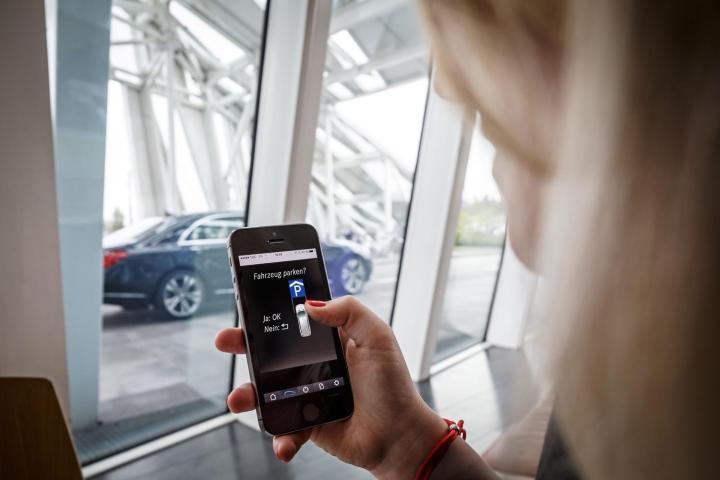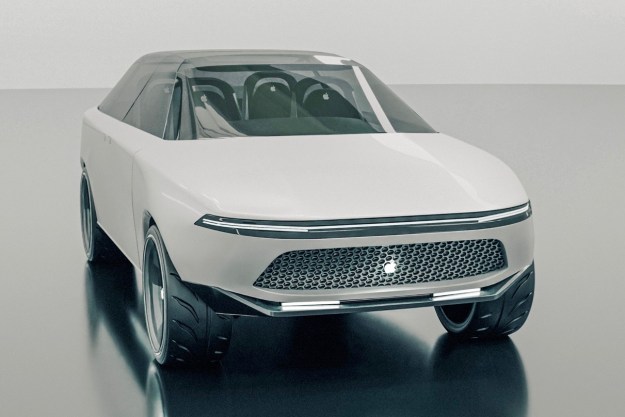
Several carmakers already offer systems that can automatically steer a vehicle into a space. BMW showed a fully-automated “valet” system at CES this year, and Elon Musk has said automated parking will be part of Tesla’s “autopilot” suite of features, eventually.
Now, Mercedes-Benz’s parent company, Daimler, is also investigating self-parking cars. Working with automotive supplier Bosch, it’s testing a system that allows cars to park themselves using a smartphone app.
The system is being tested in conjunction with Daimler’s car2go car-sharing service. The company envisions users booking a car on their phones, before waiting at the entrance of a designated parking lot. The car drives itself up to meet them, and then returns to a space after being dropped off at the end of the journey.
Bosch will develop the infrastructure necessary to make this happen, including space-occupancy sensors, cameras, and equipment that allows cars to communicate with those devices. The test vehicles could be based on ones in the existing car2go fleet, which is mostly comprised of Smart Fortwo variants.
“Fully automated parking will be ready for mass-production before fully automated driving,” Dr. Dirk Hoheisel — the Bosch board member overseeing the project — said. He believes the low speeds and confined movement inherent in driving in parking garages and lots will make autonomy easier to implement.
Mercedes is already committed to a self-driving car that can do more than just park itself, though. The carmaker hopes to have an autonomous production model ready by 2020, and has already demonstrated a prototype that can drive on public roads with minimal human hand holding.
Existing park-assist systems certainly make for a good building block to base a self-parking car on. Many can already identify spaces, steer, and check the car’s surroundings, so it’s not implausible to think of completely eliminating the human driver from the process.
Editors' Recommendations
- Dubai Police to deploy driverless patrol cars with AI smarts
- An autonomous car in San Francisco got stuck in wet concrete
- Mercedes-AMG EQE SUV first drive review: a better electric SUV
- 2024 Mercedes-AMG S63 E Performance first drive review: high-performance plug-in
- Autonomous cars confused by San Francisco’s fog


